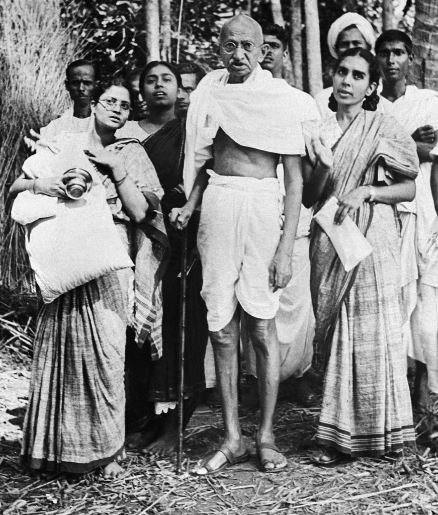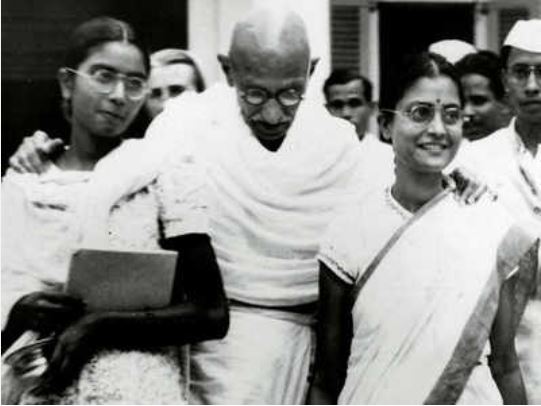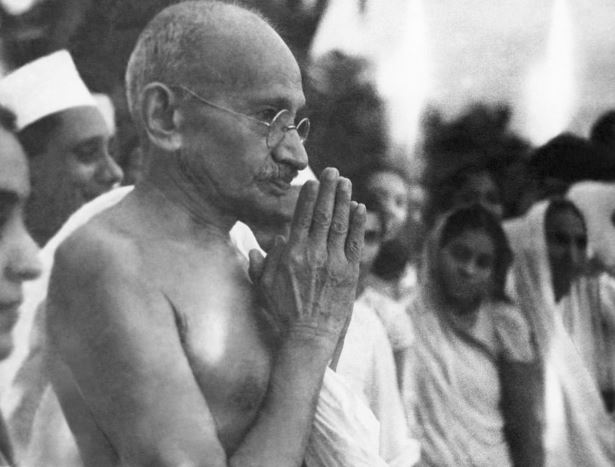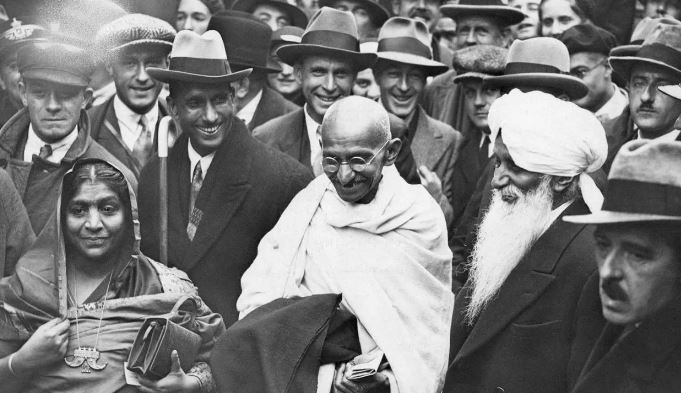



Table of Contents
Introduction: The Enduring Legacy of Mahatma Gandhi
In the annals of history, certain figures stand as timeless beacons of inspiration, guiding generations with their wisdom and courage. Mahatma Gandhi, the apostle of nonviolence, remains one such luminary whose life and teachings have left an indelible imprint on the world. In this exploration, we embark on a profound journey into the depths of Gandhi’s philosophy, his remarkable life, and the profound impact he has had on global movements for social change.
Early Life and the Seeds of Revolution
Born in 1869 in Porbandar, a small coastal town in present-day Gujarat, India, Gandhi’s early years were shaped by the stark realities of British colonialism and societal inequality. These formative experiences sowed the seeds of a revolutionary spirit within him. His education in law in London further exposed him to diverse cultures and ideologies, broadening his worldview. Gandhi’s deep empathy for the downtrodden and his unwavering commitment to justice became the cornerstones of his philosophy.
Ahimsa: The Soul of Gandhian Philosophy
Central to Gandhi’s ideology was the principle of Ahimsa, or nonviolence. For him, nonviolence was not merely the absence of physical violence but a state of mind encompassing compassion, empathy, and understanding. Ahimsa became the guiding light of his activism, leading him to champion civil rights, social justice, and independence through peaceful means. This unwavering commitment to nonviolence transformed Mahatma Gandhi into a moral force, capable of moving mountains with the sheer strength of his convictions.
The Salt March: A Defining Moment in History
Among the pivotal moments in Gandhi’s life, the Salt March of 1930 stands as a testament to his strategic brilliance and unwavering resolve. Faced with the British monopoly on salt production and sales, Mahatma Gandhi, along with thousands of followers, embarked on a 240-mile march to the Arabian Sea. This act of civil disobedience, wherein they produced salt from seawater, became a symbol of defiance against unjust colonial laws. The Salt March captured the imagination of the world, galvanizing support for India’s independence movement and highlighting the power of nonviolent resistance.
Gandhi’s Global Influence: A Legacy Beyond Borders
Gandhi’s philosophy of nonviolence transcended geographical boundaries, inspiring movements for civil rights and social change across the globe. In the United States, Martin Luther King Jr., deeply influenced by Gandhi’s teachings, led the American civil rights movement with nonviolent resistance as its guiding principle. In South Africa, Nelson Mandela, in his fight against apartheid, embraced the Gandhian ideals of peace and reconciliation. Gandhi’s legacy echoes in contemporary social and environmental movements, reinforcing the belief that profound change can be achieved through nonviolence and understanding.
Gandhi’s Enduring Relevance in the Modern World
In today’s interconnected world, where conflicts persist and social injustices continue to prevail, Gandhi’s teachings offer a path forward. His emphasis on dialogue, empathy, and understanding holds immense relevance in resolving global conflicts and fostering harmonious coexistence. In a world often divided along lines of race, religion, and ideology, Gandhi’s message serves as a reminder of our shared humanity and the transformative power of compassion.
Conclusion: Embracing the Gandhian Spirit
As we reflect on the life and teachings of Mahatma Gandhi, we are reminded of the boundless potential of the human spirit. Gandhi’s legacy challenges us to confront injustice with courage, hatred with love, and violence with understanding. In a world desperately in need of healing, Gandhi’s philosophy of nonviolence stands as a beacon of hope, guiding us towards a future defined by peace, justice, and harmony.
